
The SCALE Group
The SCALE Group (formerly the Stanford Center for Assessment, Learning and Equity) is known for our expertise in designing, developing, and implementing student and teacher performance assessment systems that integrate 21st century skills & deeper learning principles with content learning and drive more equitable outcomes for students.
Our overarching mission is to support transformative education policies, practices and research agendas that deepen educator, program, and/or school capacity to provide high-quality learning experiences where all students fully participate in their education and thrive in their pursuits.
We address this mission by supporting P-12 partners and higher education institutions to improve instruction and engage in educative, curriculum-embedded assessments that allow students to authentically demonstrate and apply their knowledge and skill sets. As a leader in the field in developing teacher and student-focused assessment tools, accompanying curriculum units, and implementation guidance, we have bridged the higher education and in-service landscape, and understand the policy needs of each setting. We have a first-hand understanding of the critical need to connect learning that happens during teacher preparation with developing pedagogical approaches that support 21st century learners within diverse P-12 classroom contexts.
SCALE’s long history of collaborative support of hundreds of educator preparation programs (EPPs) has guided our perspective towards how candidates and faculty want to address strategies for approaching deeper learning in meaningful, equity-driven ways throughout the cycle of teaching as a precursor to entering the classroom. For info, contact pecheone@stanford.edu.
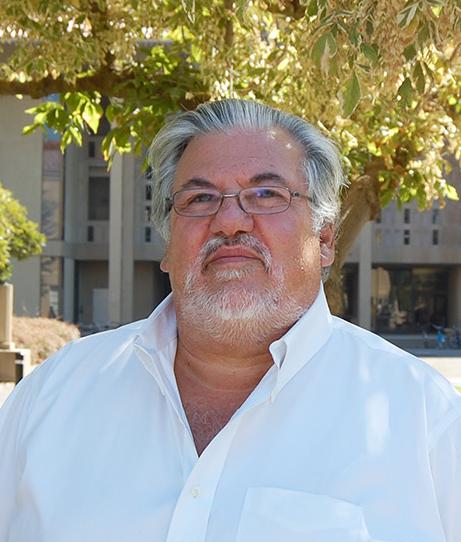
Ray Pecheone
Executive Director
SCALE Group | Hewlett Deeper Learning Project
Dr. Ray Pecheone is an Emeritus Professor of Practice at Stanford University and the founder and Executive Director of the SCALE Group, formerly know as the Stanford Center for Assessment Learning, and Equity (SCALE), which focuses on the development of innovative performance-based assessments tasks. The SCALE Group creates curriculum-embedded assessments “for and as learning” to support schools in focusing on deeper learning and alignment to next generation standards. It provides comprehensive support for standards-based teaching and learning and develops interactive assessment and multimedia instructional tools to support college and career readiness.
Prior to launching SCALE, Dr. Pecheone held a variety of leadership roles in the Connecticut State Department of Education as the Bureau Chief for Curriculum, Research and Assessment, the Co-director of the first Assessment Development Lab for the National Board for Professional Teaching Standards (NBTS); Teacher Scholar in Residence at Teachers College, Columbia University project director to support the redesign of the New York State Regents. At Stanford University, SCALE was focused on influencing and shaping national policy around the use of performance based assessments to support teaching and learning.
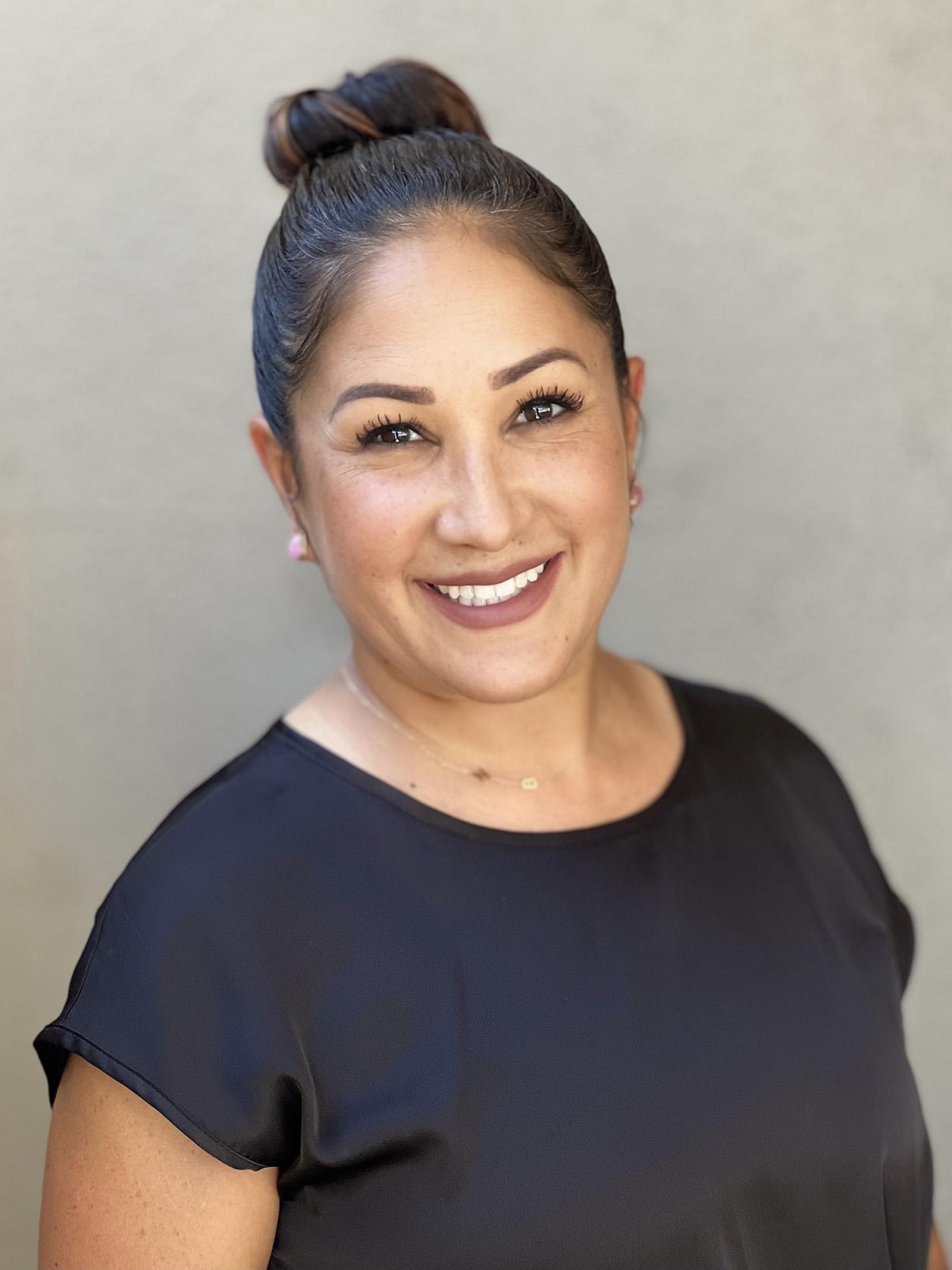
Nicole Merino, Ph.D.
Director, Early Learning and Performance Assessment
SCALE Group | Hewlett Deeper Learning Project
Nicole Merino, Ph.D., is the Project Director for the Hewlett Deeper Learning work. Nicole began her teaching career as an early childhood educator and has over 20 years of experience teaching and supporting students within diverse classrooms, from P-12 and higher education. Dr. Merino works closely with teachers, schools, districts and state and national leadership to support inclusive and responsive teaching practices through assessment and curriculum development. She serves as an expert in diversity, equity and inclusion (DEI) for the creation of children’s media, educational content, resources to support early multilingual learning across the content areas. Her research focuses on children’s social cognition and has expertise in early childhood through adolescent development. Dr. Merino is a passionate leader in the creation of culturally, linguistically and developmentally responsive materials that align with research-based teaching and learning practices - including NGSS, Literacy, Mathematics, 21st Century skills, NGSS and C3 Framework.
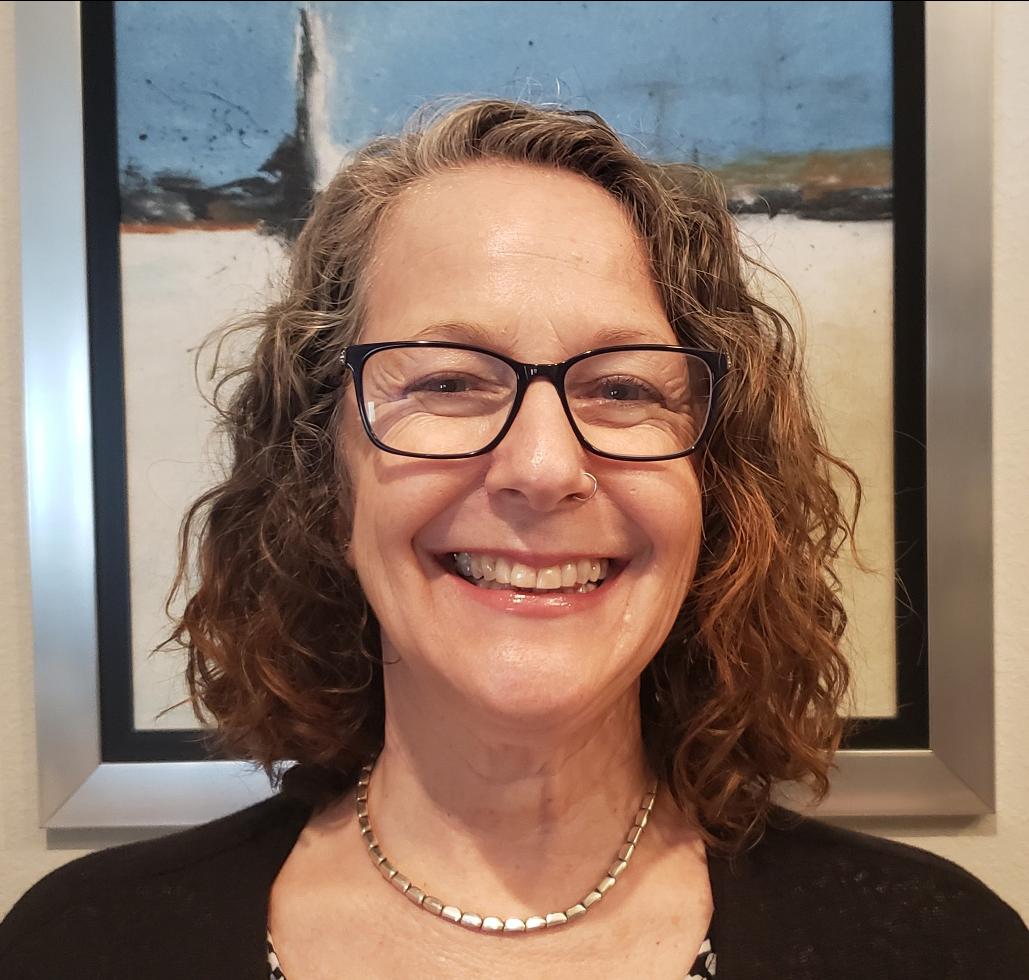
Cathy Zozakiewicz, Ph.D
Teacher Educator & Senior Research Associate
SCALE Group | Hewlett Deeper Learning Project
Cathy Zozakiewicz, Ph.D., has over 20 years of experience as an educator and professor working in partnership with teachers, schools and districts to make teaching and learning science more culturally and linguistically inclusive and responsive. Working on multiple grant projects serving southwest and multilingual communities of New Mexico and Southern California, her research has focused on preparing new and veteran teachers to be effective science teachers of English learners and to improve the participation and achievement of underserved students in science, math, engineering and technology. For the last decade, Dr. Zozakiewicz has worked as a part of the SCALE Science team to design performance assessments, accompanying rubrics and implementation support resources for the field in the areas of teacher preparation (e.g., edTPA) and K-8 assessments for science (e.g., SNAP, Twig). She has led and managed multiple projects with a variety of partners including universities, state departments of education, and digital company clients (e.g., New Mexico Formative Assessment Network, Twig K-6 Science, Twig MS Science).
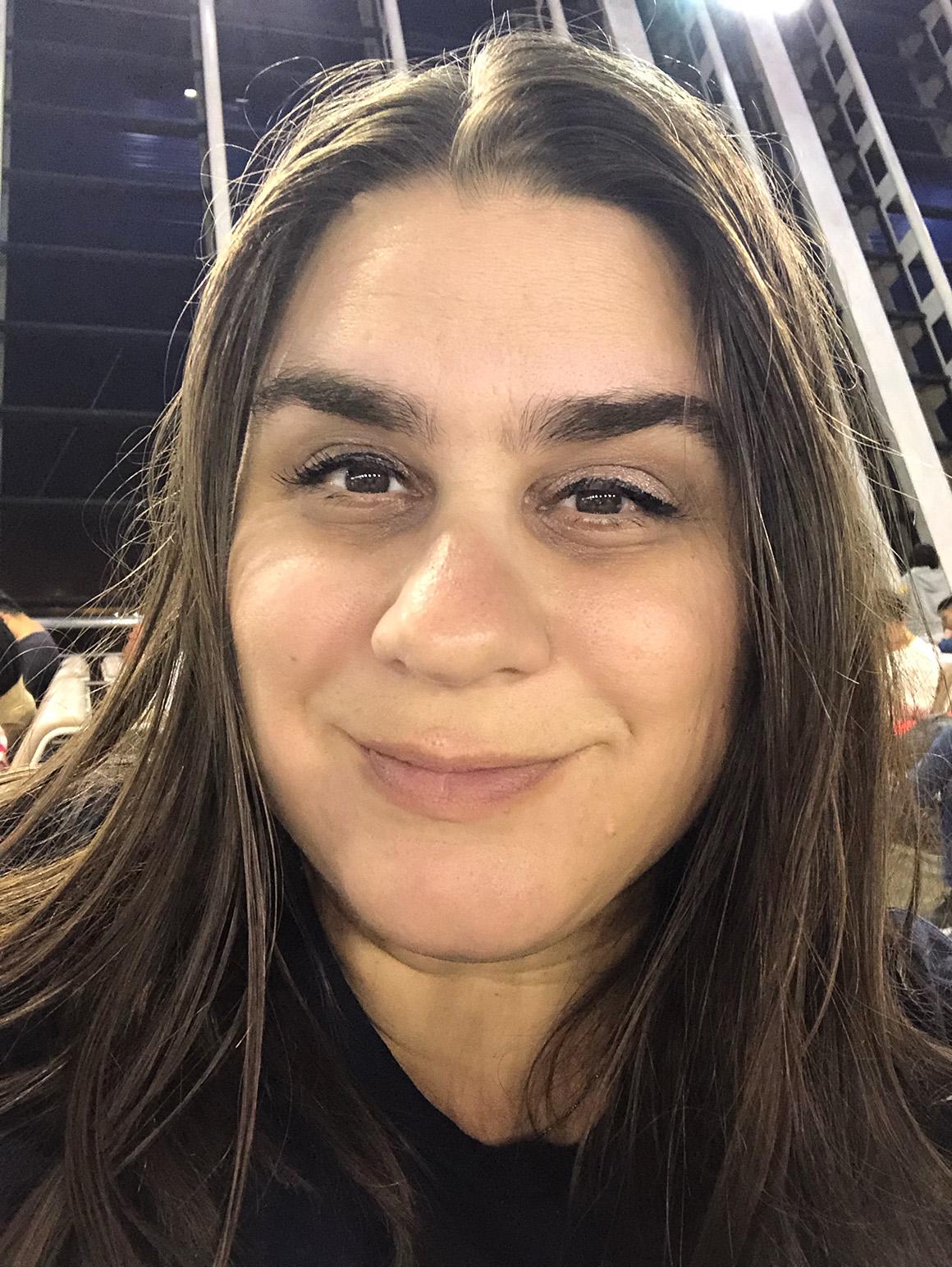
Laura Gutmann, Ph.D
Research & Storytelling Lead at reDesign
SCALE Group | Hewlett Deeper Learning Project
Laura Gutmann, Ph.D., is the Research & Storytelling Lead at reDesign and assists with the Hewlett Deeper Learning Project as part of the SCALE Group. Laura previously served as the Director of Deeper Learning Initiatives at the Stanford Center for Assessment, Learning and Equity (SCALE). In that role, she led the Hewlett Fostering Deeper Learning project and collaborated with higher education institutions across the U.S. and in Finland to design online modules and applied activities that built beginning teachers’ capacity to support deeper learning for all students.
Other major projects included partnering with middle and high school teachers to research custom measures of social-emotional learning, working globally to create an International Baccalaureate teacher development system for professional growth, providing support for nationally-implemented measures of readiness to teach, and developing Stanford’s Performance Assessment Resource Bank (PARB).
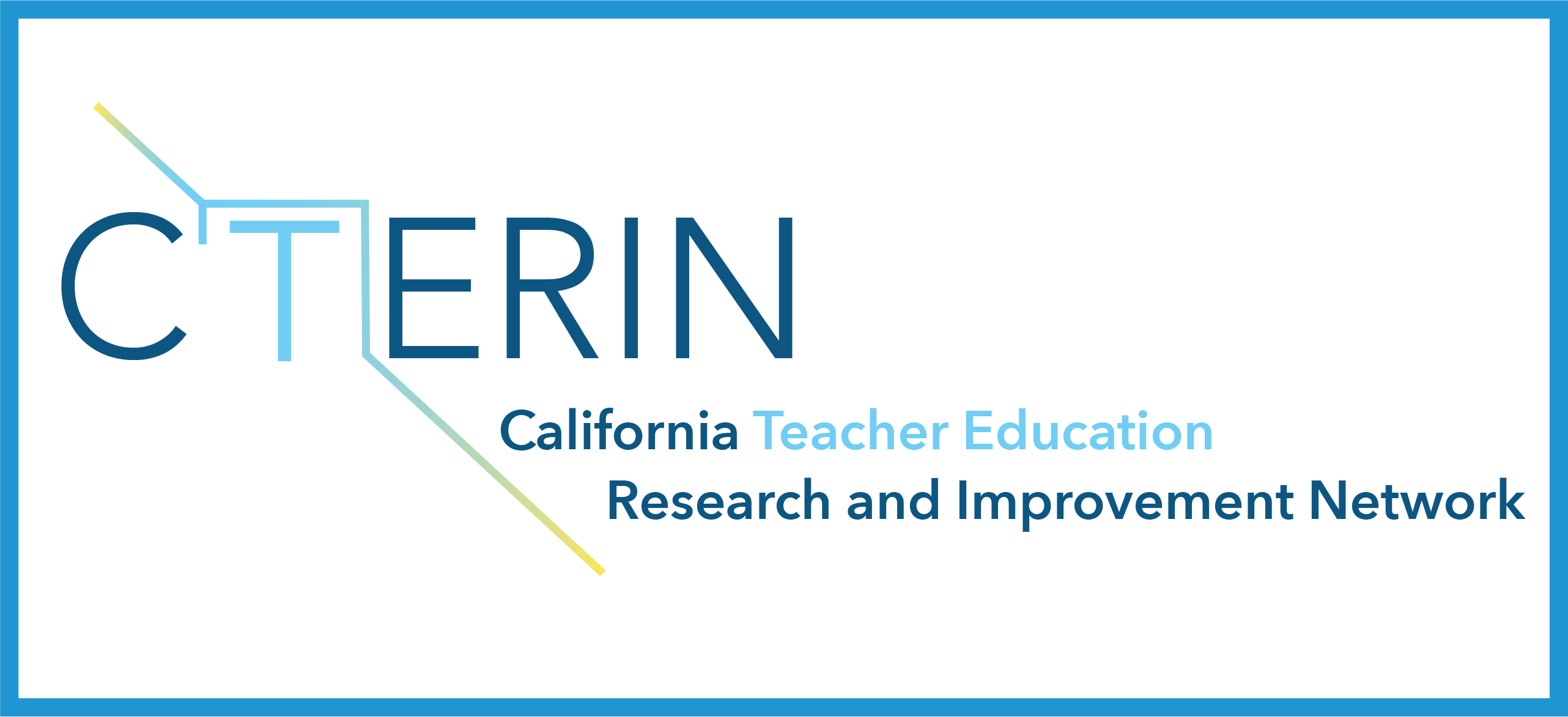
CTERIN
The California Teacher Education Research and Improvement Network (CTERIN) was established with seed funding from the University of California Office of the President, and is currently housed at UC-Santa Barbara. It involves over 100 researchers and teacher educators from all nine of the UC schools and departments of education, as well as from the science, technology, engineering and mathematics (STEM) departments involved in the CalTeach pipeline to STEM teaching.
CTERIN’s primary effort is to facilitate research in service to the State through networks with P-12 teachers and administrators, the California State University System (CSU), private/independent colleges, state agencies, and key stakeholders in California’s teacher preparation field. These networks serve to study teacher preparation statewide and nationwide, as well as inform the improvement efforts each of us take to prepare teachers for equitable, just, and inclusive teaching practice (key tenets of deeper learning).
What is different about CTERIN’s approach?
First, questions that matter: In a departure from research agendas that are framed around an individual faculty’s interest, the CTERIN agenda is co-constructed with stakeholders and policy makers. This is critical to CTERIN’s priority to serve historically underserved and marginalized communities, as this networked approach invites many voices and viewpoints in the construction of a research agenda.
Second, research-practice collaborations: Meeting critical calls from the field, the CTERIN network is creating meaningful collaboration between researchers, teachers, and teacher educators in the design, implementation, and analysis of research.
Third, a learning and improvement agenda: CTERIN researcher-practitioners are simultaneously engaged in research and improvement. We study how we learn and how our organizations change in order to inform new members within the network and the field. CTERIN’s reach across multiple universities and its focus on how teacher education can be improved on the state and national level makes the center well-positioned to partner with SCALE to research the impact of this project on a network of preparation programs and their faculty/candidates.
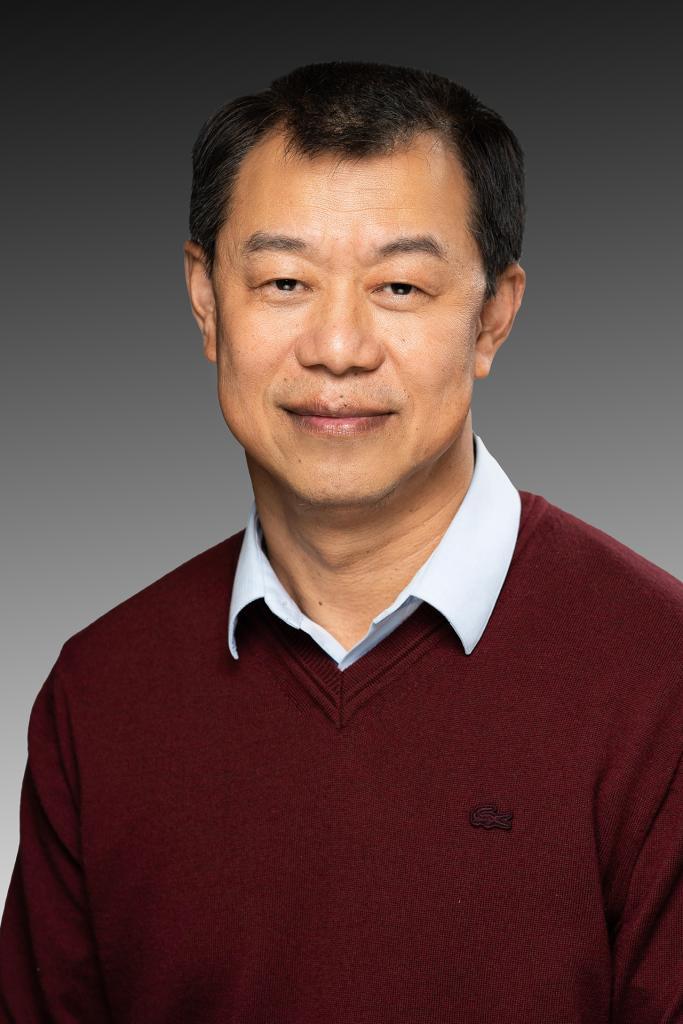
Mian Wang, Ph.D.
Professor, Gevirtz School of Education, UC Santa Barbara
Mian Wang is a Professor in the Department of Education. He received Ph.D.s from the University of Patras, Greece, in Applied Developmental Psychology with an emphasis on Cognitive Development of Children with Intellectual Disabilities as well as from the University of Kansas in Special Education with an emphasis on Family and Disability Policy. Before his 12 years working experience in the field of disability and special education in several countries such as Canada, China, Greece, and USA, he completed his undergraduate and graduate studies in Psychology in China. Dr. Wang’s research interests include: child and family outcomes of early childhood services, family-professional partnership, atypical child development, positive behavioral support in cultural context, and disability policy.
In recent years, his research has primarily focused on examining family outcomes of early childhood services (e.g., early intervention programs and early childhood special education programs), particularly in the areas of family quality of life and family-professional partnership. As a primary researcher of the research team at the Beach Center on Disability of the University of Kansas, he participated in two federal funded research projects by NIDRR (National Institute on Disability and Rehabilitation Research) and OSEP (Office of Special Education Programs) of the U.S. Department of Education which have led to the development and validation of two family outcome measures: Family Quality of Life Survey and Family-Professional Partnership Scale. Other areas of his interest pertain to disability policy issues that focus on supporting families of children with disabilities, analyzing impact of policy on the system structure of early childhood service and service delivery (i.e., policy on the streets), and analyzing comparatively international policy on disability and special education, in particular, those of China. Another set of interests concerns studying positive behavioral support (PBS) in cultural context, in particular, culturally responsive PBS practices to families of children with disabilities who are from culturally and linguistically diverse backgrounds. In addition, he is interested in atypical child development research aiming at understanding how children with and without intellectual disabilities differ in their cognitive development in terms of the structure, sequence, and rate of development.
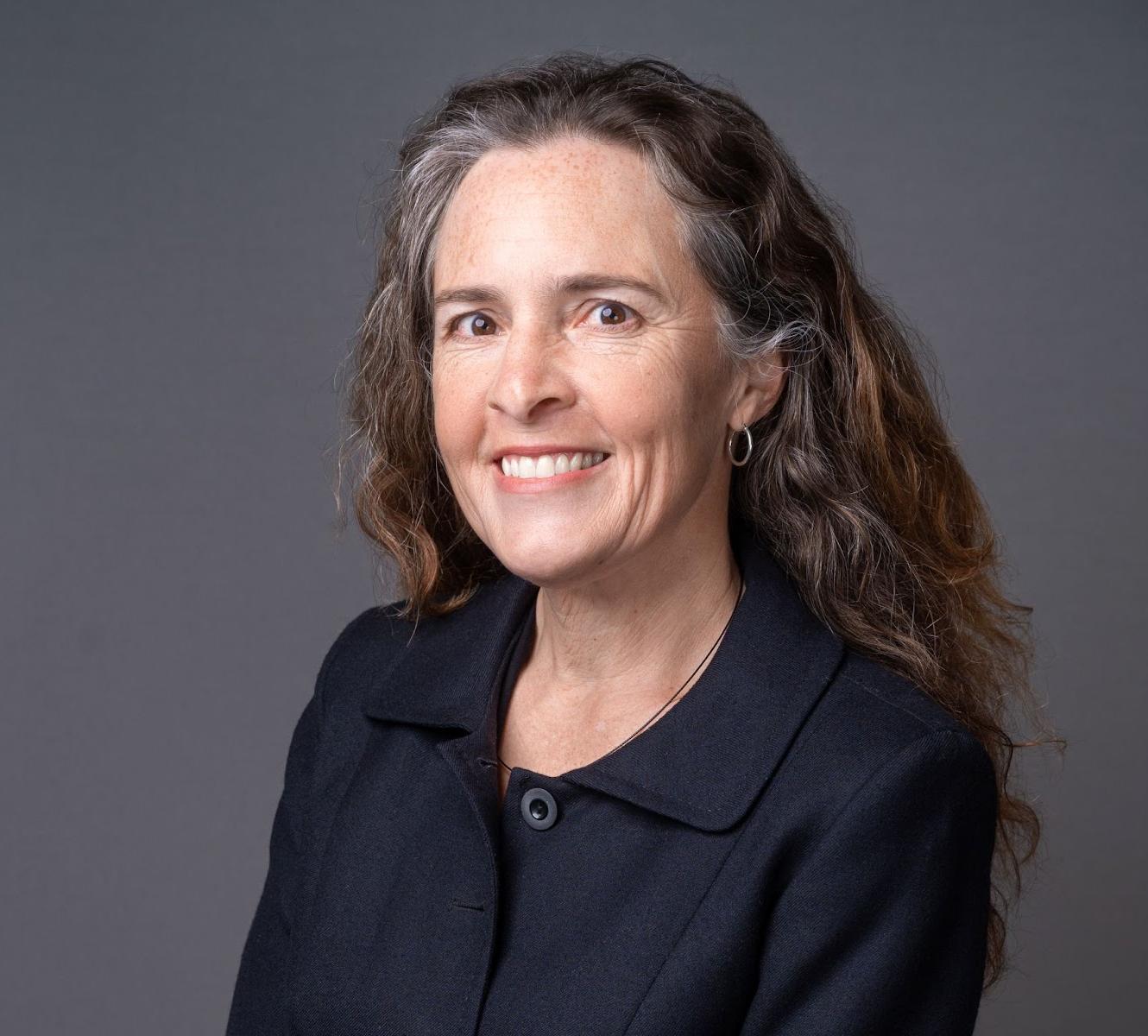
Danielle Harlow, Ph.D
Professor, Gevirtz School of Education, UC Santa Barbara
Danielle Harlow is a professor of STEM Education at UC-Santa Barbara where she works with educators to develop the capacity of youth to innovate a more sustainable and just future. Her work focuses on teacher development and student learning in science. Her work connects classroom educators and informal education institutions to research and create programs and curricula. Across her career, her work has resulted in undergraduate physics curricula, engineering-focused museum field trips and classroom activities for elementary school students, digital games focused on quantum computing, professional development for museum facilitators, and teacher education and professional development programs that develop the capacity of teachers to focus students’ attention on their local environment and take take local action. She teaches in the graduate program of education about Technology, STEM education, and Design Based Research and teaches elementary school teacher candidates in the Teacher Education Program. Currently, her team of graduate students work on projects that explore how to bring outdoor education and experiences to more students, the potential of games in science education, how to prepare teachers to engage students in climate change education, and how to work with communities to understand the risks of climate change and develop adaptation strategies and resilience.
Danielle Harlow has a Ph.D. in Education from the University of Colorado, Boulder, an M.S. in Geophysics from Stanford (now the Doerr School of Sustainability) and a B.S. in Physics from Valparaiso University. She is the faculty director of the UCSB California Global Education Project (CGEP), Director of the UCSB Certificate in College and University Teaching (CCUT), Affiliated Faculty for the Interdisciplinary PhD emphasis in Climate Science and Climate Change, and Associate Dean of faculty development for the Gevirtz Graduate School of Education.
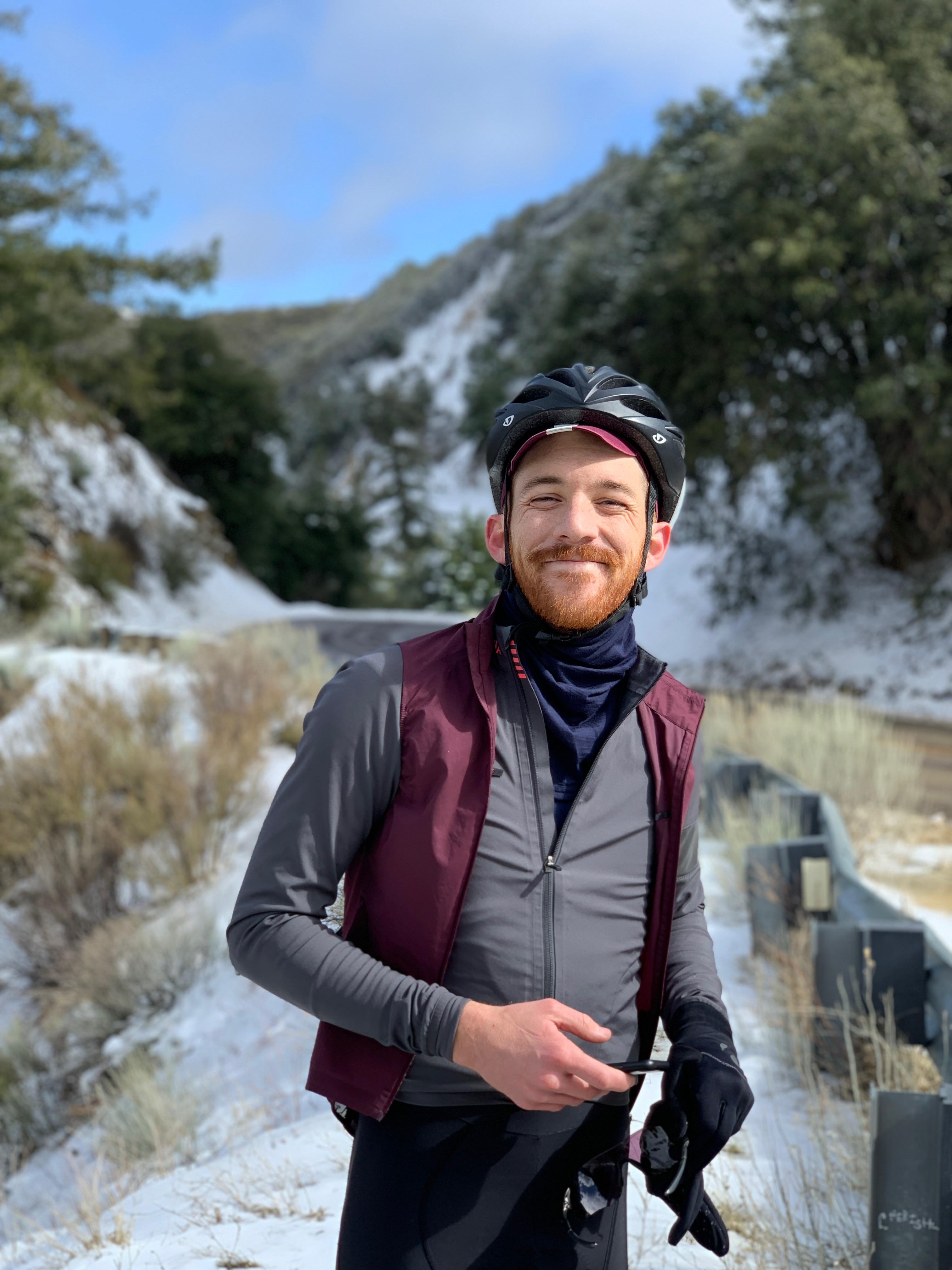
Matthew Bennett
Ph.D. candidate, Gevirtz School of Education, UC Santa Barbara
Matthew Bennett is a Ph.D. candidate in Science and Math Education, but his specific interests are in secondary science education and teacher education. Before coming to UCSB, Matthew was a high school science teacher, mostly teaching physics, although he also taught some other science electives. Currently he’s interested in studying teaching for deeper learning, particularly through facilitating connections between ideas, as well as preparing teachers to teach for deeper learning. Outside of his time at UCSB, Matthew enjoys playing golf, cycling, reading, solving crossword puzzles, and occasionally just lying on the floor (i.e., he is a “floor person”). Matthew can be reached via email at mbennett@ucsb.edu.
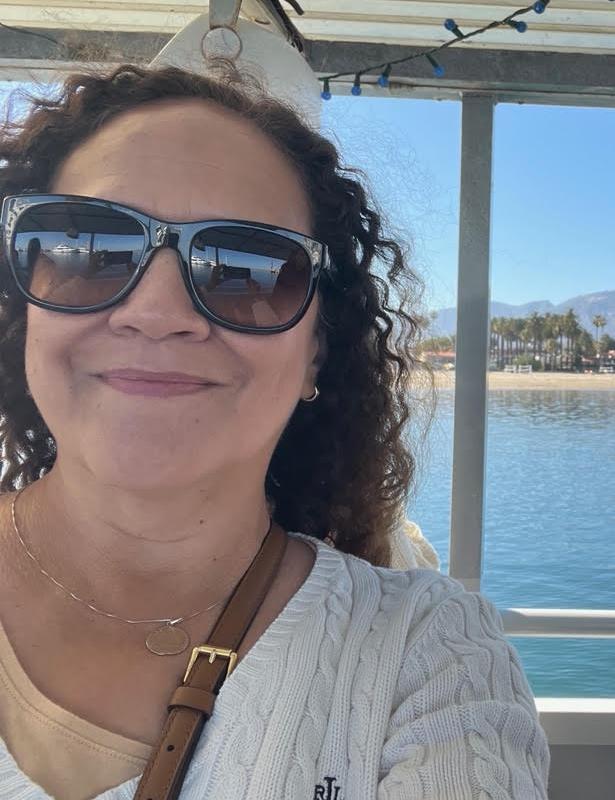
Yvette Doss
Ph.D. Student, Gevirtz School of Education, UC Santa Barbara
Yvette Doss is pursuing a PhD in Education at the University of California at Santa Barbara. She is a former journalist who has written for NPR, the Los Angeles Times, and other major magazines and newspapers. She switched gears to become a high school teacher in Los Angeles. There she found a passion for working with autistic teens and students with learning disabilities, and decided to devote herself to doing research to help create better outcomes for them. She is particularly interested in exploring the mental health needs and support structures for autistic students in postsecondary institutions. She holds a bachelor’s degree in philosophy from the University of California at Berkeley and an M.F.A. in Creative Writing from the University of California at Riverside. In her free time she enjoys exploring nature, painting, writing, knitting, and spending time with her family.
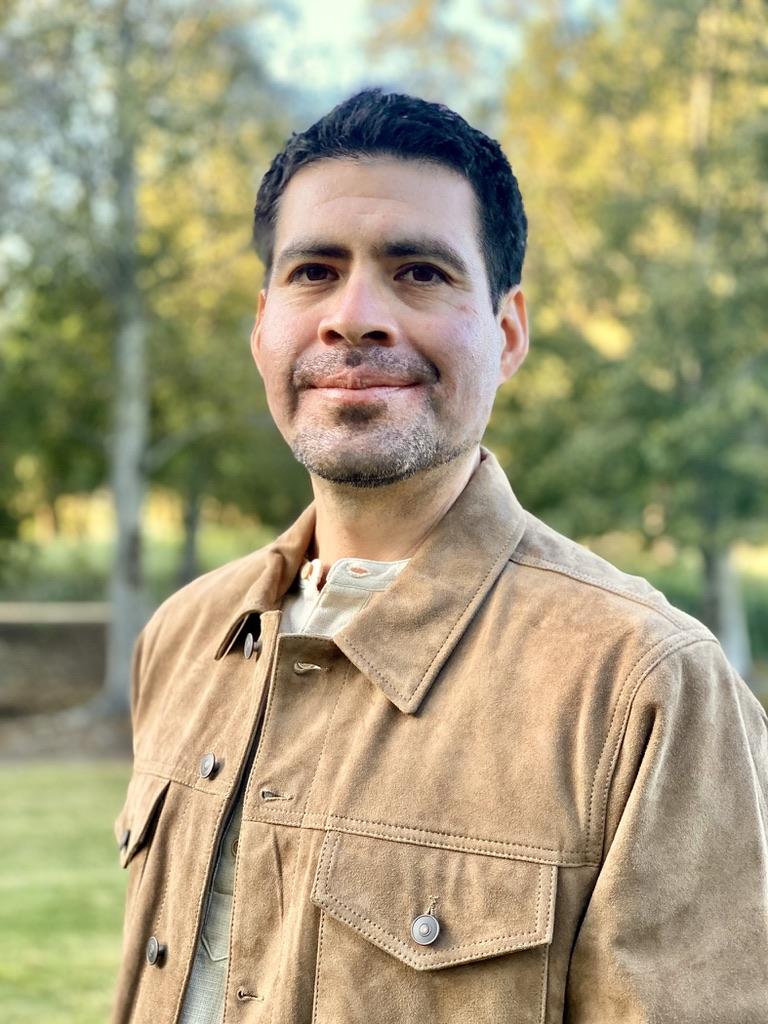
Daniel R. Santana
Ph.D. Student, Gevirtz School of Education, UC Santa Barbara
Daniel Santana (he/him/his) is a first-generation Mexican-American graduate student pursuing his Doctoral degree in Special Education. He received his Bachelor’s degree in Child and Adolescent Studies at California State University, Fullerton and a Master’s degree in Education with a Education Specialist Credential on Extensive Support Needs at UCSB’s Gevirtz Graduate School of Education. Daniel’s passion for teaching and devotion for the field of special education is a by-product from both his professional and personal experiences. Within the context of schools and preservice teacher preparation, Daniel strives to make contributions that will lead to improved educational services and life outcomes for students with diverse needs and multicultural backgrounds. In his spare time, Daniel enjoys distance running, listening to records while making coffee and spending time with his family. Daniel can be reached at danielsantana@ucsb.edu
Who created the modules?
The Stanford Center for Assessment, Learning and Equity (SCALE), now known as The Scale Group, led the development of the modules with the support of the Hewlett Foundation, working in close collaboration with a national design team of teacher educators and experts in deeper learning. Feedback from pilot use informed their release as customizable, adaptable open education resources (OER). The Scale Group is currently partnering with CTERIN at the University of California, Santa Barbara to further research and develop the modules as they are used in educator preparation programs.
We are grateful to our design, research, & thought partners at Alverno College; California State University, Sacramento; California State University, Northridge; Carnegie Foundation for the Advancement of Teaching; Elon University; Innokas Network; James Madison University, Learning Policy Institute; Lehman College, City University of New York; KnowledgeWorks; NC State University; San Diego State; Spelman College; Stanford d.School; Stanford Graduate School of Education; University of California, Santa Barbara; University of North Carolina at Chapel Hill; Urban Teachers/Johns Hopkins University; and Vanderbilt University, as well as our funders at the William & Flora Hewlett Foundation.
Collaborators
- Alverno College
- California State University, Sacramento
- California State University, Northridge
- Carnegie Foundation for the Advancement of Teaching
- Elon University
- Innokas Network
- James Madison University
- Learning Policy Insitute
- Lehman College – City University of New York
- KnowledgeWorks
- North Carolina State University
- Spelman College
- San Diego State University
- Stanford d.School and Stanford GSE
- University of California, Santa Barbara
- University of Carolina at Chapel Hill
- Urban Teachers/Johns Hopkins University
- Vanderbilt University